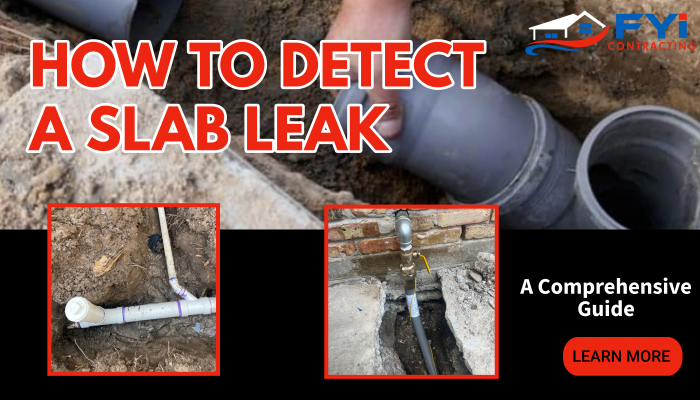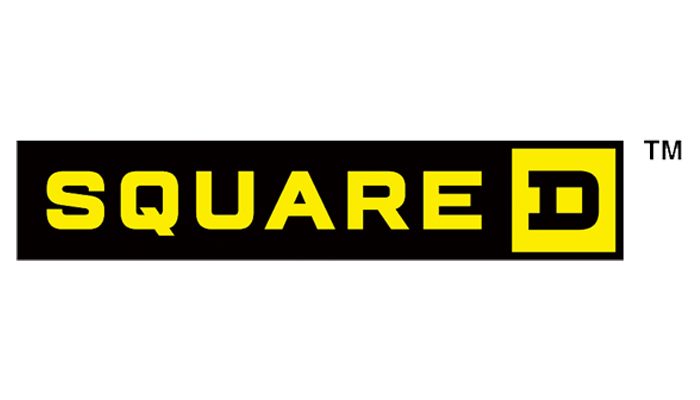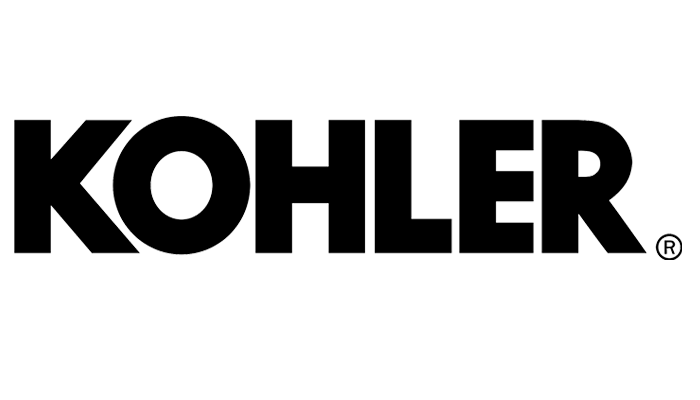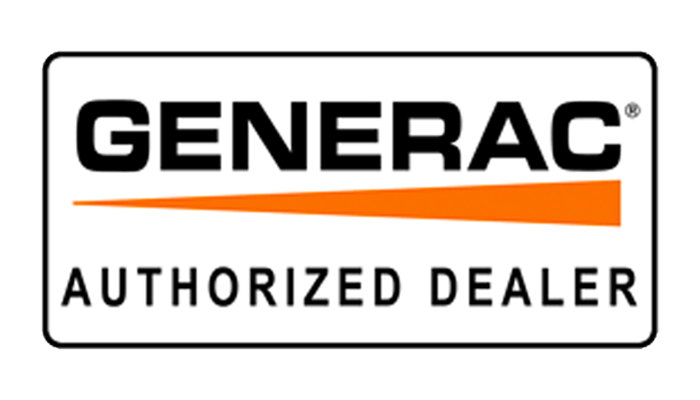Slab leaks are a homeowner’s nightmare, often causing significant damage before they are even detected. A slab leak occurs when water pipes beneath a concrete slab foundation leak, leading to potential structural damage, mold growth, and high water bills. Detecting slab leaks early can save you from costly repairs and extensive damage. Here’s a comprehensive guide on how to detect a slab leak and what steps to take once you suspect one.
What is a Slab Leak?
A slab leak is a term used to describe a leak in the water pipes located under the concrete foundation of your home. These leaks can occur in both hot and cold water lines, and if left untreated, can lead to severe water damage, foundation problems, and mold growth.
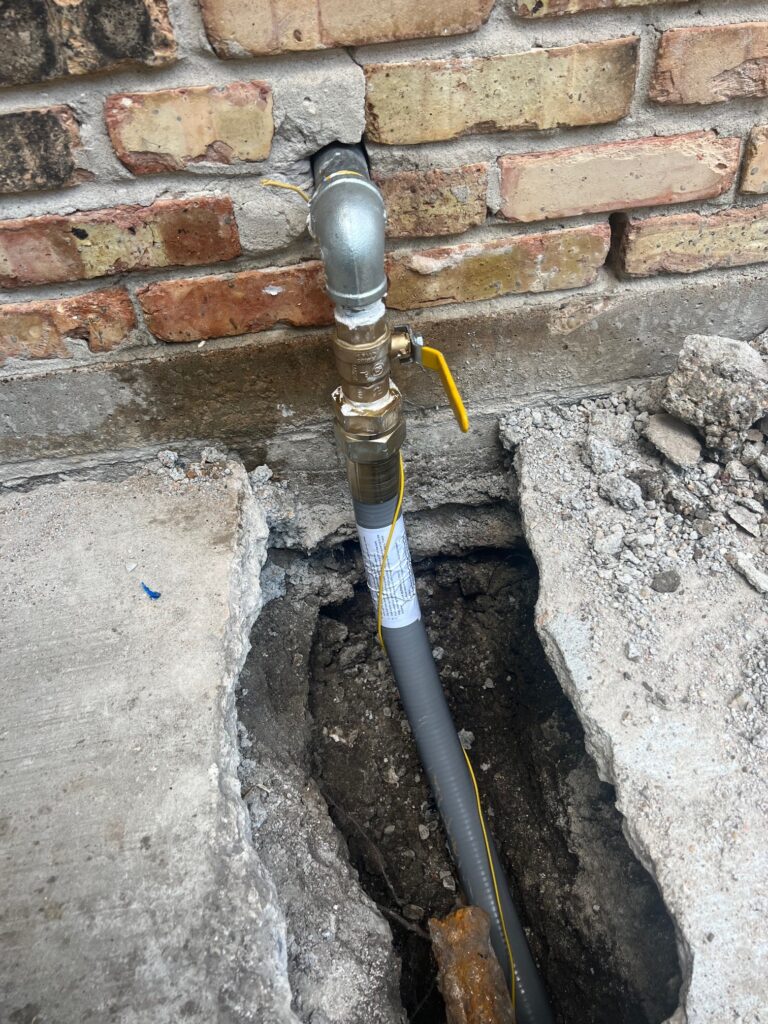
Common Causes of Slab Leaks
- Corrosion: Over time, pipes can corrode due to the water’s chemical composition, leading to leaks.
- Poor Construction: Faulty construction practices, such as improper pipe installation or using substandard materials, can cause pipes to leak.
- Pressure: Increased water pressure can stress pipes, causing them to crack and leak.
- Shifting Foundation: Natural ground movement can cause the foundation to shift, putting stress on the pipes and resulting in leaks.
- Abrasion: Pipes can rub against the concrete, gradually wearing down and causing leaks.
Signs of a Slab Leak
Detecting a slab leak early is crucial to prevent extensive damage. Here are some common signs to look out for:
Unexplained Increase in Water Bills
A sudden spike in your water bill without an increase in water usage can indicate a leak. Monitor your water bills closely for any unexpected changes.
Sound of Running Water
If you hear the sound of running water when all faucets and appliances are turned off, it could be a sign of a slab leak.
Hot Spots on the Floor
Warm spots on your floor, particularly if you have a concrete slab foundation, can indicate a leak in the hot water line.
Damp or Wet Floors
Unexplained dampness or wet spots on your floors can be a sign of a slab leak. Check for any discoloration or water damage to flooring materials.
Mold and Mildew
Slab leaks can lead to increased moisture levels, promoting mold and mildew growth. If you notice a musty odor or visible mold, it’s essential to investigate further.
Cracks in Walls or Floors
Foundation movement caused by a slab leak can result in cracks in your walls or floors. Look for any new or expanding cracks as a potential sign of trouble.
Reduced Water Pressure
A significant drop in water pressure could indicate a leak in the main water line beneath your home’s slab foundation.
How to Confirm a Slab Leak
If you suspect a slab leak, there are a few steps you can take to confirm it before calling in a professional:
- Turn Off All Water Sources: Make sure all faucets, appliances, and water-using devices are turned off.
- Check the Water Meter: Locate your water meter and note the reading. Wait for about 30 minutes without using any water and check the meter again. If the reading has changed, it could indicate a leak.
- Listen for Running Water: Use a stethoscope or a specialized listening device to hear the sound of running water beneath the floor.
- Perform a Pressure Test: A pressure test can help identify leaks in the water supply lines. If the pressure drops significantly, it indicates a leak.
Professional Slab Leak Detection Methods
Professional plumbers use advanced techniques and equipment to accurately detect slab leaks. Some common methods include:
Electronic Leak Detection
This method uses specialized electronic devices to detect the sound of water escaping from pipes. It’s a non-invasive technique that can pinpoint the leak’s location with high accuracy.
Infrared Thermography
Infrared cameras can detect temperature variations in your floor caused by leaking hot water pipes. This method helps identify hot spots that indicate a slab leak.
Hydrostatic Pressure Testing
Hydrostatic pressure testing involves isolating the plumbing system and filling it with water to check for pressure drops. This test can confirm the presence of a leak.
Video Pipe Inspection
A small camera is inserted into the pipes to visually inspect for leaks and damage. This method allows plumbers to see the exact location and condition of the pipes.
What to Do If You Detect a Slab Leak
If you confirm a slab leak, it’s crucial to act quickly to minimize damage. Here are the steps to take:
- Shut Off the Water Supply: Turn off the main water supply to prevent further leakage.
- Contact a Professional Plumber: Call a licensed plumber experienced in slab leak detection and repair. Professional intervention is necessary to accurately locate and fix the leak.
- Assess the Damage: Once the leak is fixed, assess any water damage to your home’s foundation, flooring, and walls. You may need to contact a restoration specialist to address mold and structural issues.
- Consider Pipe Relining or Replacement: Depending on the severity of the leak and the condition of your pipes, your plumber may recommend pipe relining or replacement to prevent future leaks.
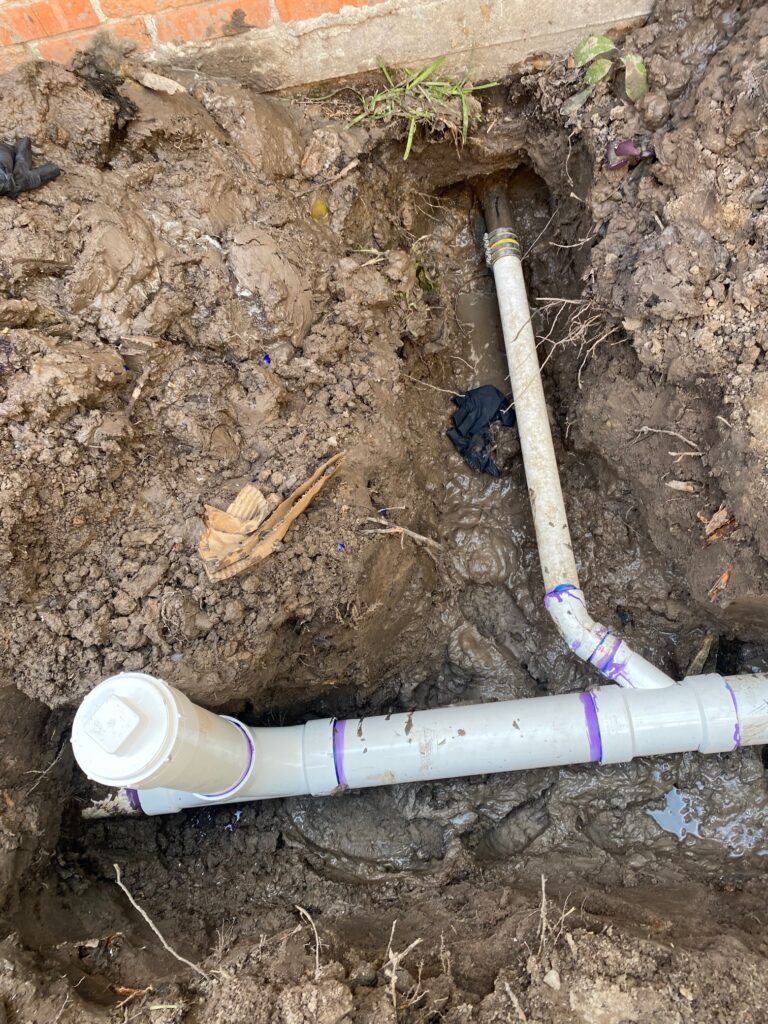
Preventing Future Slab Leaks
Preventing slab leaks involves regular maintenance and taking proactive measures. Here are some tips to help prevent future slab leaks:
- Regular Inspections: Schedule regular plumbing inspections to catch potential issues early.
- Water Pressure Regulation: Ensure your home’s water pressure is within safe limits to avoid stressing the pipes.
- Water Softening: If you have hard water, consider installing a water softener to reduce the risk of pipe corrosion.
- Quality Construction: Ensure that any new construction or remodeling work adheres to high standards to prevent future leaks.
Conclusion
Detecting a slab leak early can save you from extensive damage and costly repairs. By being aware of the signs and taking prompt action, you can protect your home’s foundation and ensure a safe living environment. If you suspect a slab leak, don’t hesitate to contact a professional plumber for accurate detection and repair.
For expert slab leak detection and repair, trust FYI Contracting. Our experienced team uses advanced techniques to locate and fix slab leaks efficiently. Contact us today to schedule an appointment and safeguard your home from water damage.


